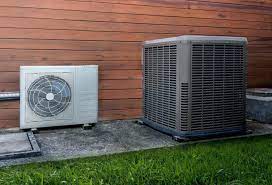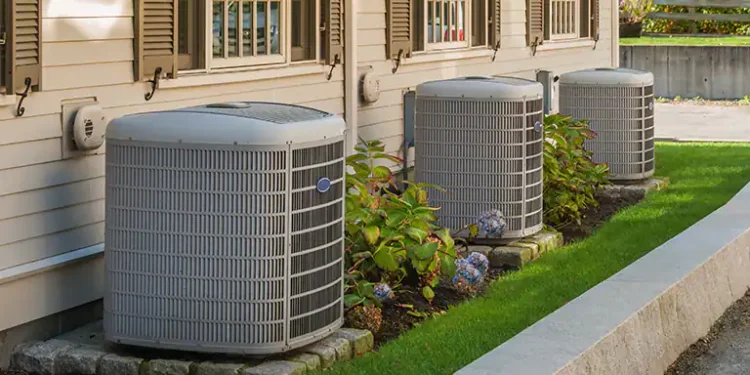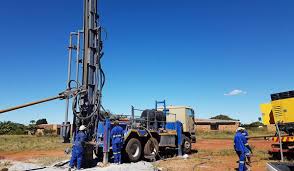In an era where climate change is increasingly affecting our planet, homeowners are becoming more conscious about the sustainability and efficiency of their living spaces. One crucial aspect of ensuring both comfort and environmental responsibility within a home is the Heating, Ventilation, and Air Conditioning (HVAC) system. As technology advances and environmental concerns grow, the role of HVAC replacement becomes pivotal in future-proofing your home.
Understanding the Importance of HVAC Systems
HVAC systems play a central role in maintaining indoor air quality, regulating temperature, and ensuring comfort throughout the year. However, many older HVAC systems are not only inefficient but also contribute significantly to energy wastage and greenhouse gas emissions. As energy costs continue to rise and environmental concerns escalate, replacing outdated HVAC systems with modern, energy-efficient alternatives becomes imperative. Embracing HVAC Excellence is key to future-proofing your home through strategic HVAC replacement.

The Benefits of Upgrading Your HVAC System
Energy Efficiency
Newer HVAC systems are designed to operate more efficiently, reducing energy consumption and lowering utility bills. Energy-efficient models often come with features such as variable-speed motors, smart thermostats, and zoning capabilities, allowing for precise temperature control and optimized energy usage.
Cost Savings
While the upfront cost of HVAC replacement may seem daunting, the long-term savings on energy bills can be substantial. Investing in a high-efficiency HVAC system can lead to significant cost savings over the lifespan of the equipment, making it a financially prudent decision in the long run.
Improved Comfort.
Modern HVAC systems offer enhanced comfort features, such as consistent temperature regulation, balanced humidity levels, and reduced noise levels. By upgrading your HVAC system, you can create a more comfortable living environment for you and your family.
Environmental Sustainability
Energy-efficient HVAC systems not only reduce energy consumption but also minimize greenhouse gas emissions, helping to mitigate the impact of climate change. By choosing eco-friendly HVAC options, homeowners can contribute to a healthier planet while enjoying the benefits of lower energy usage.
Factors to Consider When to HVAC Replacement
Size and Capacity
Proper sizing of the HVAC system is crucial for optimal performance and energy efficiency. A system that is too large or too small for your home can result in inefficient operation and increased energy consumption. Consulting with a professional HVAC contractor can help ensure the correct sizing and capacity for your specific needs.
Energy Efficiency Ratings
When selecting a new HVAC system, pay attention to energy efficiency ratings such as SEER (Seasonal Energy Efficiency Ratio) for air conditioners and AFUE (Annual Fuel Utilization Efficiency) for furnaces. Choose equipment with high efficiency ratings to maximize energy savings and environmental benefits.
Smart Technology Integration
Consider investing in HVAC systems that offer smart technology integration, such as Wi-Fi-enabled thermostats and remote monitoring capabilities. These features allow for convenient control and optimization of your HVAC system, enhancing energy efficiency and comfort.
Long-Term Maintenance and Warranty
Factor in the long-term maintenance requirements and warranty coverage when choosing a new HVAC system. Opt for brands and models with reliable warranties and accessible maintenance services to ensure the longevity and performance of your investment.
Conclusion
In conclusion, future-proofing your home involves making strategic decisions to enhance sustainability, efficiency, and comfort. HVAC replacement is a critical component of this process, offering numerous benefits such as energy savings, cost efficiency, improved comfort, and environmental sustainability. By investing in a modern, energy-efficient HVAC system and considering factors such as size, energy efficiency ratings, smart technology integration, and long-term maintenance, homeowners can create a more resilient and environmentally friendly living space for generations to come. Take proactive steps today to upgrade your HVAC system and pave the way for a more sustainable future.








Comments 1